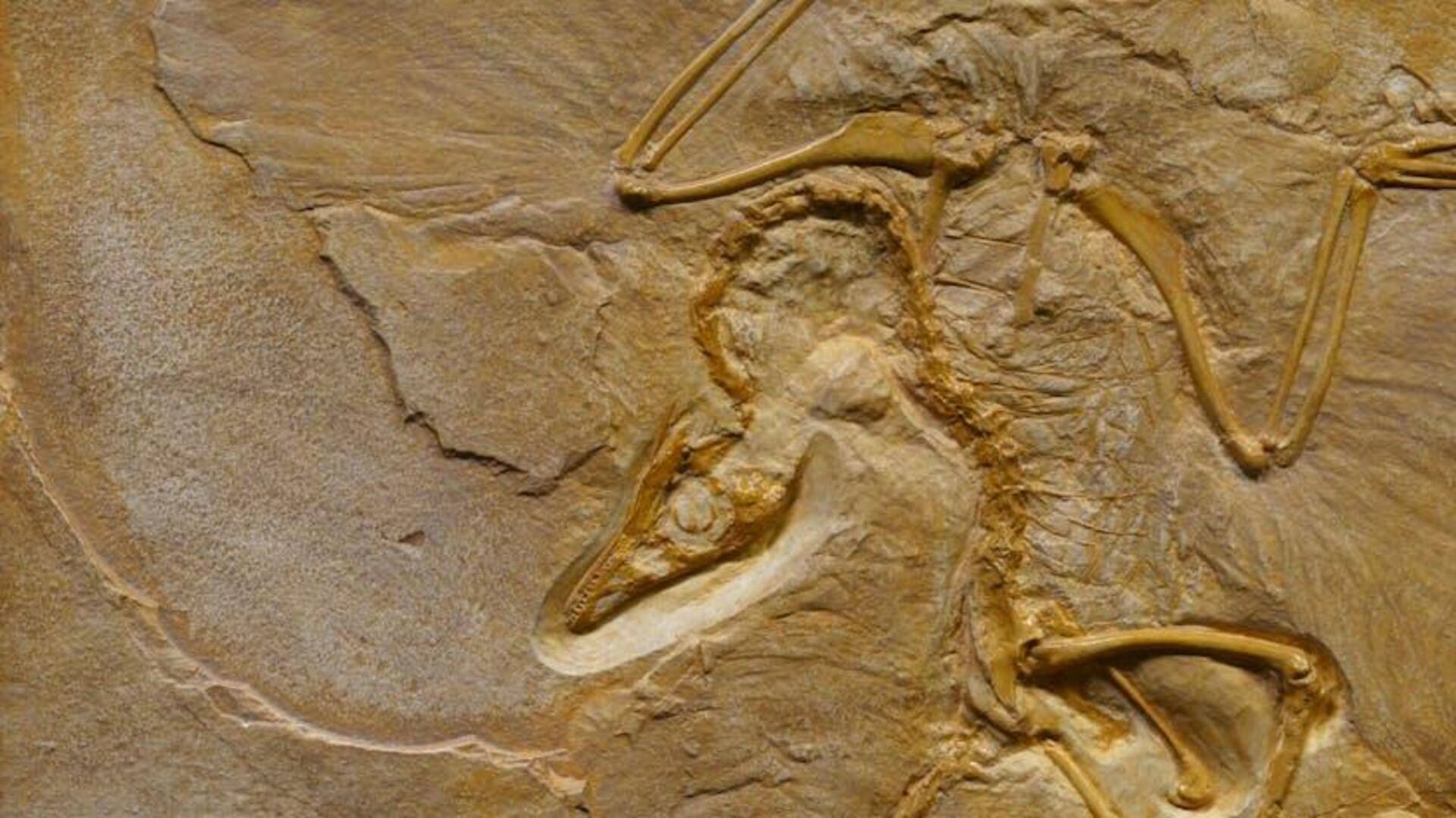
Passport to prehistory: Dinosaur fossil dig excursions
What's the story
Heading out on a dinosaur fossil dig excursion promises adventure, education, and the thrill of discovery.
Participants travel millions of years back in time, unearthing secrets buried deep within Earth's ancient layers.
Perfect for all ages, these excursions offer the unique opportunity to experience paleontology firsthand, cultivating a deeper appreciation for the natural world and the prehistoric creatures that once roamed our planet.
Selection
Choosing the right excursion
Selecting the right dinosaur fossil dig excursion involves considering the location, duration, and your desired level of involvement.
Options vary from convenient day trips near cities to immersive week-long camps in remote locations.
It's important to choose an excursion that aligns with your physical abilities and interests.
Programs are available for everyone, from families looking for fun, educational experiences to enthusiasts seeking more challenging and authentic digs.
Preparation
What to expect on your dig
Volunteers should be ready for some serious outdoor action. Most digs happen in places with intense weather, think hot deserts and windy plains.
Key things to pack: sunblock, lots of water, comfy clothes you can layer, and good shoes for walking.
Some programs might also ask you to bring (or rent) your own Indiana Jones-style tools.
Education
Learning opportunities abound
Aside from the thrill of discovering ancient remnants, these expeditions provide immersive learning experiences.
Participants gain hands-on knowledge of excavation techniques, from delicately brushing away sediment to casting replicas of fragile fossils for transport.
Additionally, many programs feature lectures or discussions on related scientific concepts, including stratigraphy (the study of rock layers), paleoecology (the study of prehistoric environments), and evolutionary biology.
Contribution
Contributing to science
By participating in a dinosaur fossil dig excursion, you're not only embarking on an adventure of a lifetime, you're also playing a crucial role in advancing scientific knowledge.
Many digs are operated by research institutions or museums, and they depend on the efforts of volunteer citizen scientists like you to unearth new specimens.
Fossils unearthed during these excursions have the potential to unlock secrets about dinosaur behavior, ecology, and evolution.
Advice
Tips for first-timers
If you are a first-time digger, remember: patience is a virtue. Excavating fossils is a delicate and time-consuming process.
Pay close attention to the guidance provided by on-site experts and adhere strictly to the program's rules regarding fossil handling and site preservation.
Even the tiniest fragments you uncover hold the key to understanding our planet's past.